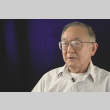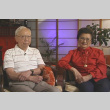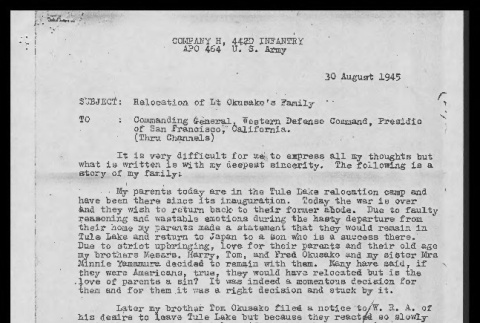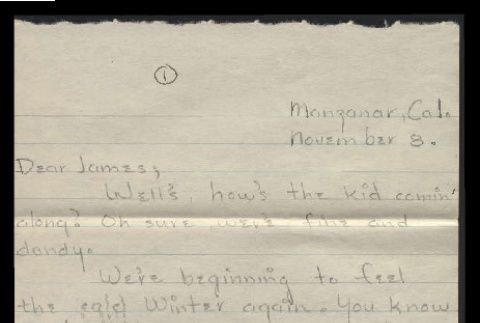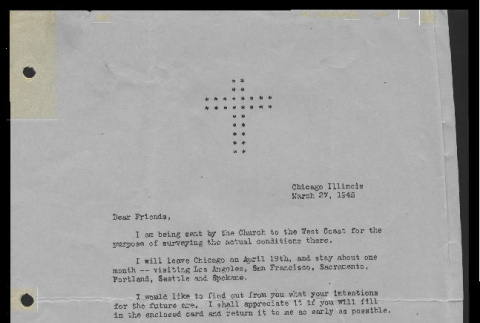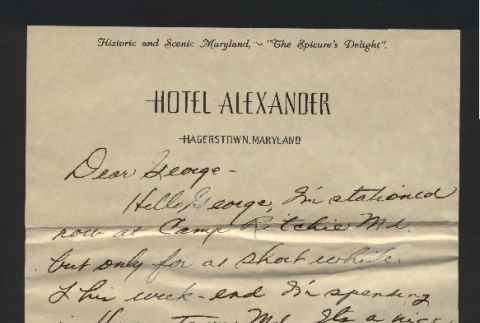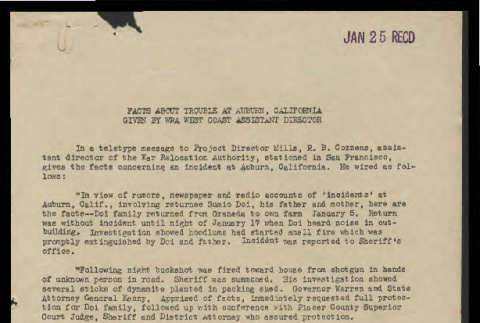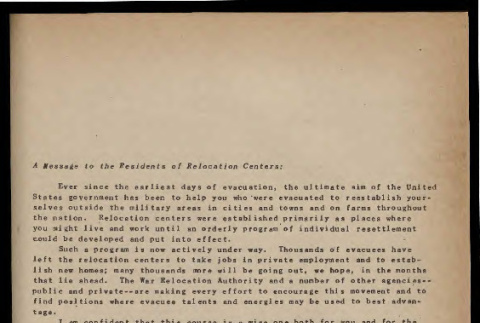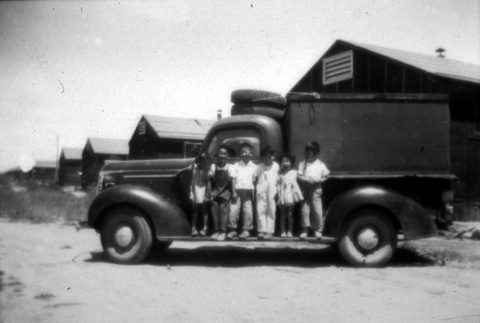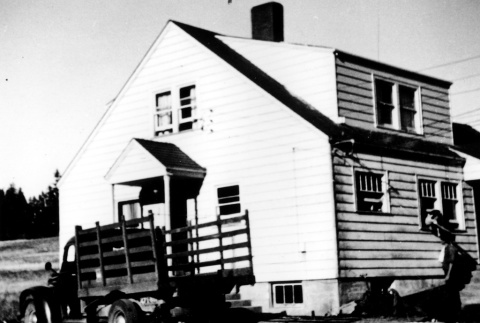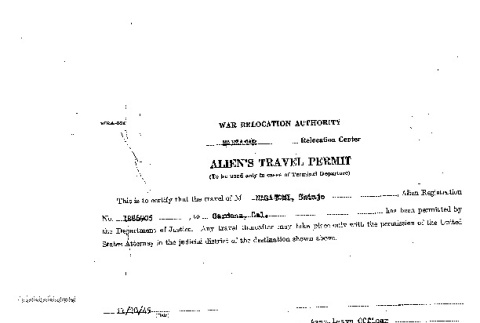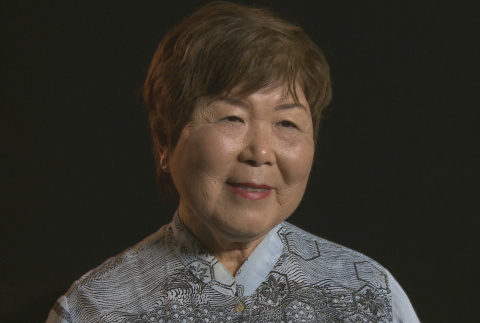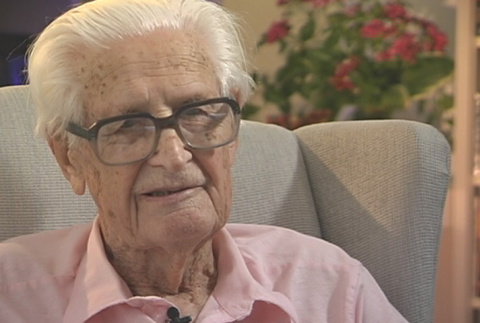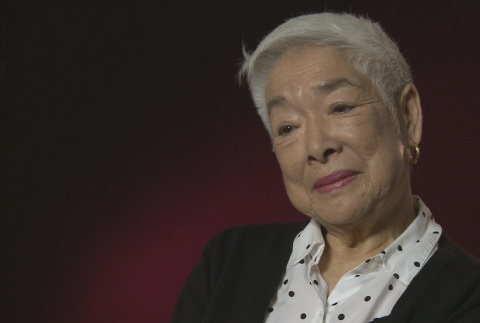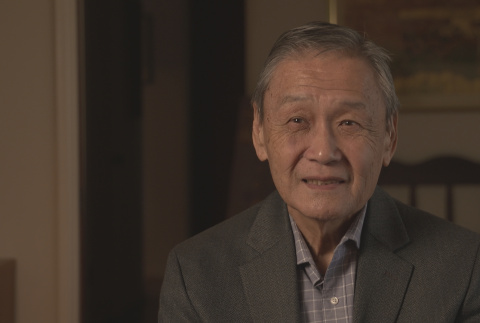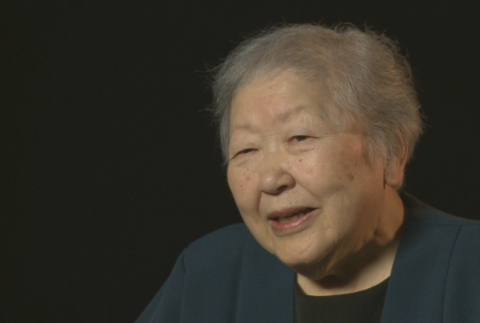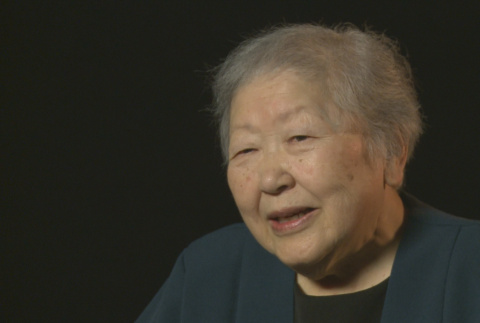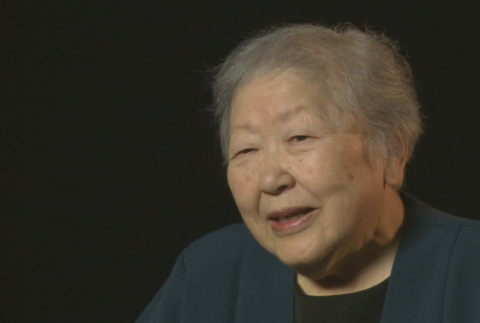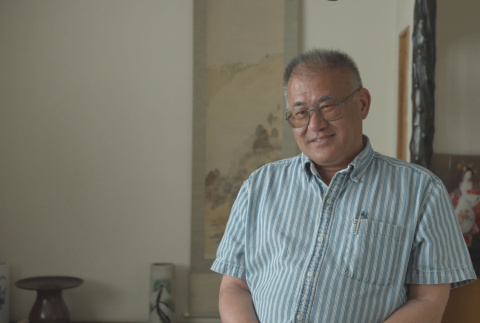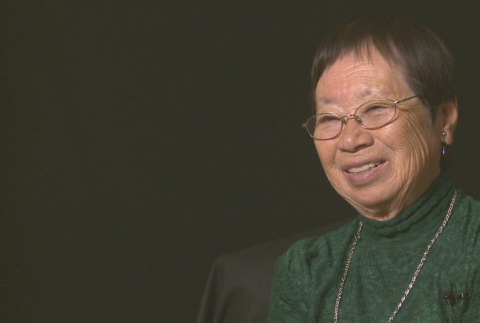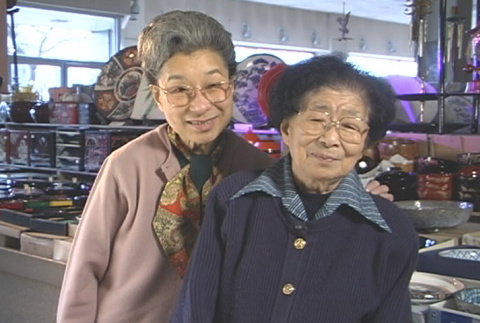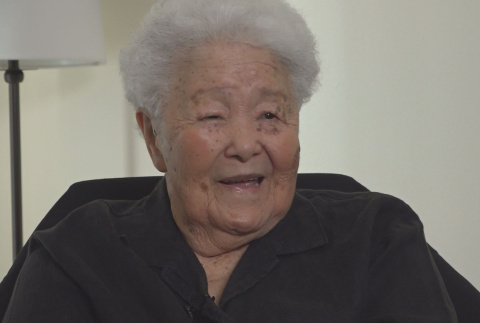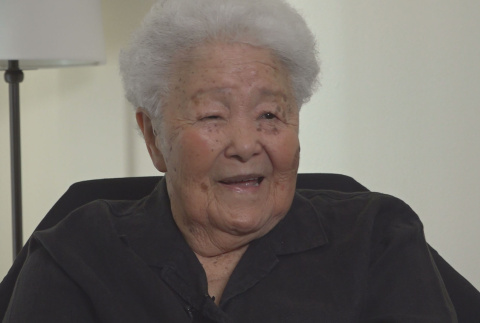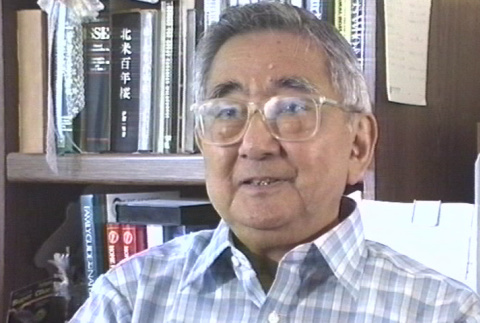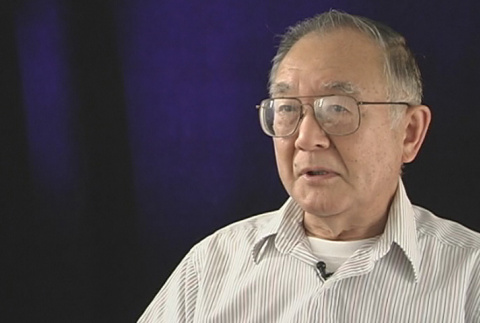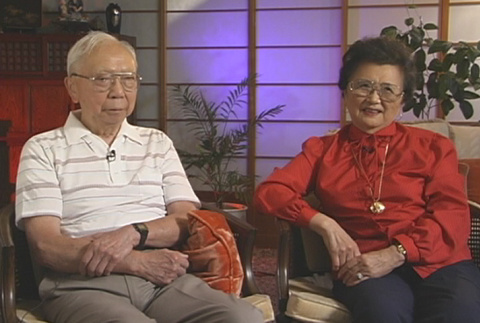Returning home
When the camps closed, Japanese Americans were handed $25 and put on trains headed for the places they had been forcibly removed from nearly four years earlier. Harassment was common -- many returning Japanese Americans were greeted with signs reading "No Japs Allowed." Other discovered their property had been vandalized or stolen. Homes and businesses that had been boarded up or left in the care of others were abandoned and stripped of furnishings and goods. For the majority, who did not have homes to return to, housing was the most serious problem. Housing discrimination was severe in many areas and persisted to varying degrees until the civil rights legislation of the 1960s. Former camp inmates with no other options moved into hostels and converted community institutions with conditions not much better than the camps they had just left. Although this period was stressful, it is remembered as a time when people came together to share what they had.
World War II
(231)
Leaving camp
(287)
Returning home
(1049)
Related articles from the
Densho Encyclopedia :
Alien land laws,
Hood River incident,
Kazuo Masuda,
Return to West Coast
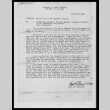
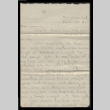
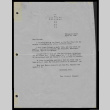
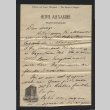
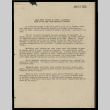
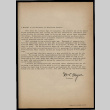
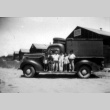
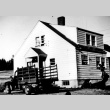
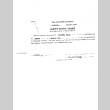
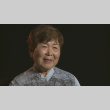
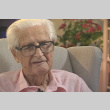
In this interview Mr. Schmoe refers to Aki Kurose, a former employee, fellow Quaker, peace activist, and long-time friend. At the time of this interview, Ms. Kurose had recently passed away after a long struggle with cancer. At the time of this interview, Mr. …
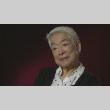
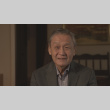
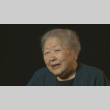
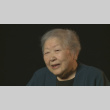
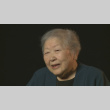
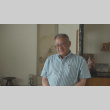
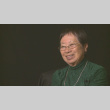
This material is based upon work assisted by a grant from the Department of the Interior, National Park Service. Any opinions, finding, and conclusions or recommendations expressed in this material are those of the author(s) and do not necessarily reflect the views of the Department of the Interior.
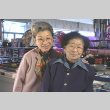

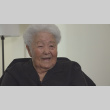
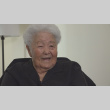
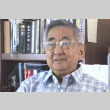
Interview was conducted over two days because of delays caused by technical difficulties.
